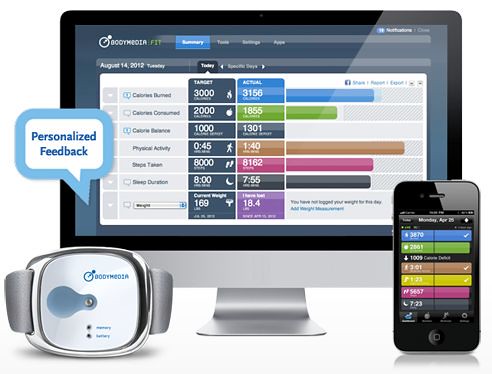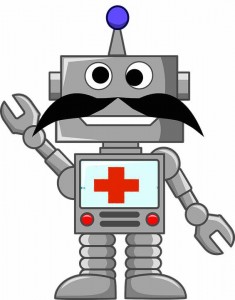Human health…. People spend tons of money to maintain
their health in a good condition and even more when something goes wrong. Therefore, one would expect the accurate diagnosis and adequate treatment from the cohort of specialists available on the market nowadays, especially when it comes to the early stages of the most hardly detectable, but lethal diseases, like cancer. Till the latest time, there was no other alternative for the patients than to throw themselves into the hands of the most skillful, knowledgable, and experienced medical specialists in the field. But is it all shine and no rain?
According to a recent research, medical errors are on the third place among the all fatality causes in medical community. Among the main reasons are miscommunication, inability to keep track on the patients’s extensive medical history and history of drug consumption, and misreading the data patterns received from the tests. The latest peak of notorious cases occurred in Newfoundland and Labrador, Canada, and related to the doctors who continuously misdiagnosed their patients with breast cancer and prescribed the unnecessary treatment or no treatment at all, when it was needed. The biggest issue there was lack of “quality control”, so, no one questioned or reviewed the diagnostic processes!
At the same time, the progress in Artificial Intelligence and Machine Learning brought to life several brilliant projects, which have a better accuracy in diagnosing patients than the doctors have. For instance, the IBM Watson Health system gathers different types of information, including the recognition of the medical images, into one immense database. From that, the “self-learning” analytical technology recognizes the patterns and makes more accurate predictions. In general, the machines are better in interpreting the patients’ symptoms and medical history. And it costs less money!
More on how the machines may “outsmart” people in the video below (Herbert Chase, MD, MA on TEDMED Day CUMC, Youtube).
Among the benefits of having machines, if not as “doctors”, but at least as the doctor’s “assistants”, are the better interpretation of the clinical tests, control over the prescribed treatment, ability to fast-track the possible negative reactions or, so-called, adverse effects, and creating a continuous medical history, which is easy to review. And that’s what the scientists at MIT Artificial Intelligence lab work at.
The only possible draw back is creating a sufficient “learning pool” for the

Bodymedia device collects data about the person’s activity and burnt calories. Image from flickr.com.
Artificial Intellect, as an enormous amount of data is required to predict the most possible outcomes. However, as the technological progress moves on, the problem of data collecting becomes less and less significant, as the personal wearable devices open the new opportunities in this case.
As seen from above, new technologies are rapidly moving into the health industry. I hope, soon we all can step into the era where doctors and machines will work together for the benefit of society and where it will be no place for the medical errors.
~ Alex Budkina

